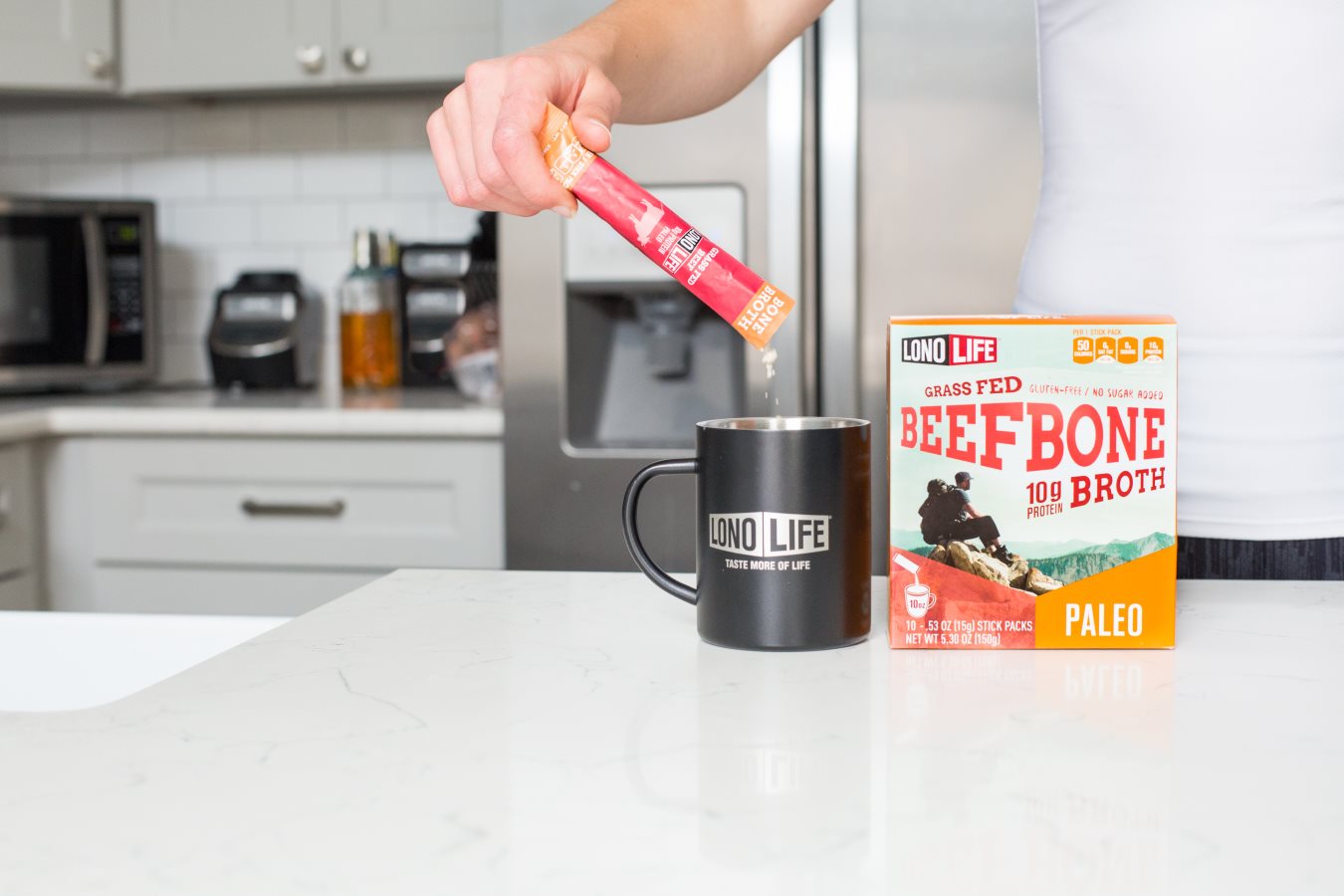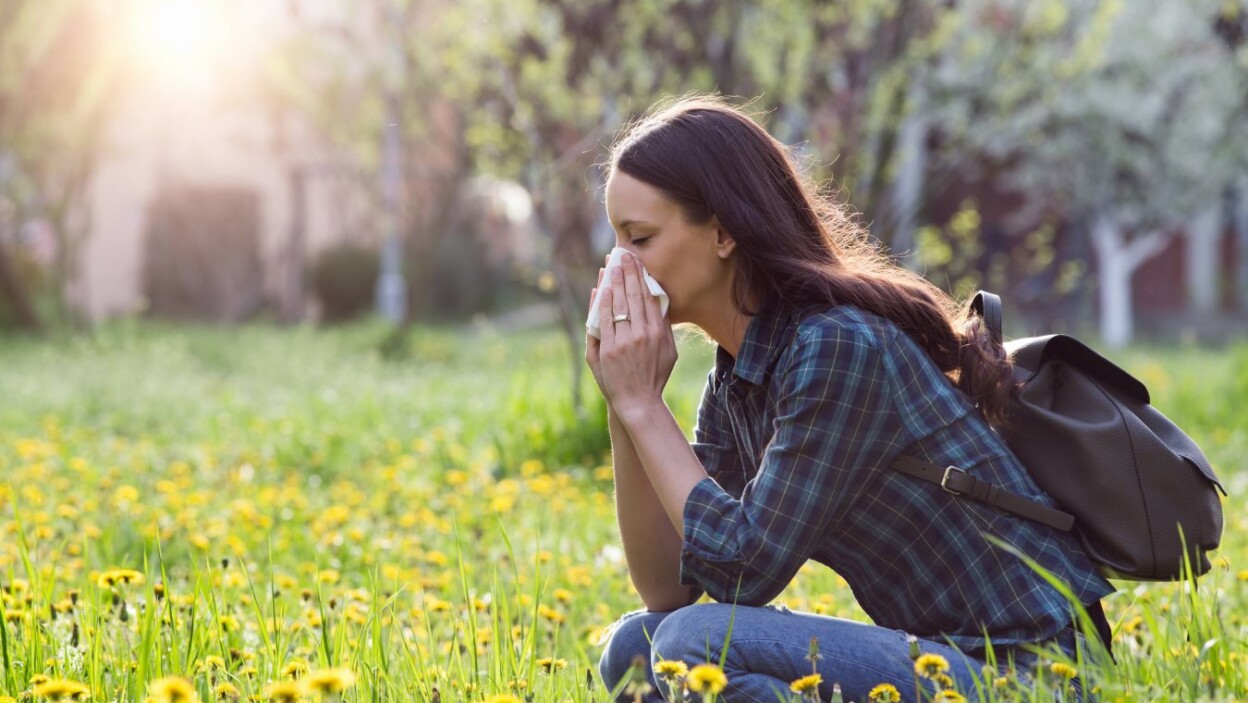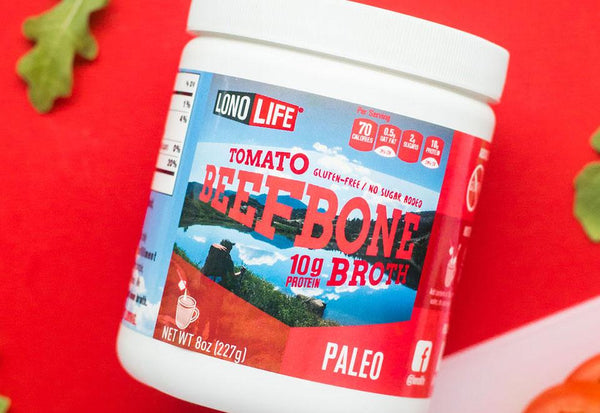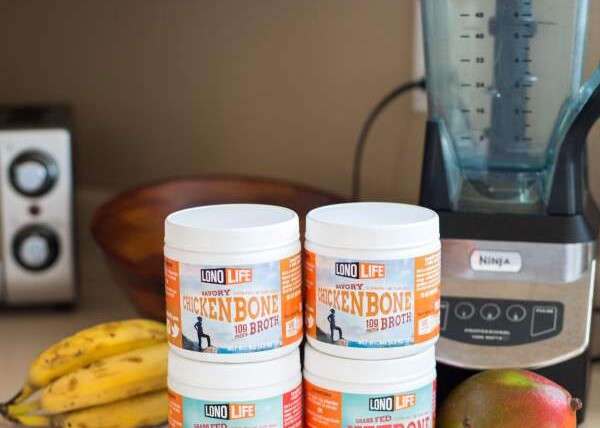If your favorite spring accessory is an antihistamine, then this post is for you. In fact, if you’re anything like the more than 50 million Americans who suffer from seasonal allergies each year, you’ve probably already got your arsenal of tissues and eye drops at the ready. And it sucks! Just as the weather turns a corner and we can’t wait to get outside, our eyes get itchy, our throat gets scratchy, and our nose runs like a tap. The good news is, there are steps you can take to lower your exposure to some of the allergens that set you off, while also setting your body up for springtime success. Here are 5 things we do around here to mitigate the spring allergy blues.
STOP ALLERGENS AT THE DOOR
When grandma said, “Don’t bring the outdoors, indoors”, she was onto something. That’s because many of us are allergic to the pollen that is circulating during springtime, and we bring it into the house on our clothes, our pets, and through open windows and doors. If you know seasonal pollen is your trigger, we recommend the following:
- Remove shoes and jackets before entering the house.
- Shower every evening to remove the pollen from your hair.
- Wipe down pet paws after being outdoors.
- Keep windows and doors closed during peak allergy season and run the AC instead.
- Wash your clothes regularly after spending time outdoors.
CLEAN YOUR INDOOR AIR
Did you know that according to the EPA, indoor air is anything from two to five times more polluted than outdoor air? And considering we spend up to 90% of our time indoors, that’s kind of gross. But there are things you can do to clean the air inside of your home. Try these:
- Invest in a good air purifier. These will help capture pollen, mold, and dander during allergy season but will also help clean your air of other pollutants year-round. We like The Air Doctor (this intelligent filter auto-adjusts to the level of pollutants in the air) and Molekule (which doesn’t just collect, but also destroys the pollutants it captures.)
- Use vacuums with a HEPA filter. Most standard vacuums blow airborne particles back into the air, but those with a HEPA filter trap them and prevent them from being released.
- Use essential oil diffusers. Some people swear by “anti-allergy” blends such as lavender/peppermint/lemon oil diffused together. Even if it doesn’t work for you, it sure smells good!
HEAL YOUR GUT

We know, we talk a lot about gut healing over here, but seeing as a “huge proportion of your immune system is in your gut”, it only makes sense to focus on gut healing for overall health, including allergic responses. In fact, “Several immune-mediated conditions, including allergic disease, have been associated with abnormal gut microbiome composition”, according to this research article. Here are a few steps you can take for optimal gut health:
- Keep an eye on food intolerances and remove triggers from your diet.
- Try to reduce stress and increase sleep. Both actions will benefit your gut health.
- Sip on bone broth daily (or use it in your recipes). We include a mug of our LonoLife Chicken Bone Broth or Beef Bone Broth in our daily diets.
- Add collagen to your diet. Try adding a sachet of LonoLife Unflavored Collagen Peptides to your smoothies.
- Eat fermented foods such as kimchi, miso, and kefir. They’re a great source of probiotics (which in turn, are great for the gut.)
RINSE YOUR SINUSES
Since your sinuses are where so much of the allergy action happens, sinus rinsing is popular with a lot of allergy sufferers. Sinus rinsing — the act of squirting a sterile saline rinse up your nose — can remove dust, pollen and other debris, as well as help to loosen thick mucus. Here are some things you should know before attempting it:
- There are several types of nasal irrigation tools, including Neti pots, bulb syringes, and squirt bottles.
- Always follow the directions and make sure you are using sterile water (either by purchasing sterile/distilled water or boiling and cooling water at home) and using the correct saline solution.
- Check with your doctor whether nasal irrigation is right for you.
BE MOLD SAVVY
When damp and rainy weather gives way to warmer temps, it creates the perfect setting for mold spores in the air. They get carried on the wind and into your nasal passages, causing allergic reactions in people who are sensitive to them. Here are some things you can do to keep your mold exposure to a minimum:
- Keep your windows closed when mold spore counts are high and use allergy filters on your air conditioning unit.
- Delegate jobs such as raking leaves and mowing the lawn as these can stir up mold spores.
- Keep humidity below 60% in your home to discourage the growth of mold.
Now we’ve got all that covered, are you ready for your next outdoor adventure? Then you’d best check out our previous blog post on Easy One Pot Camping Recipes and get back to enjoying the great outdoors once more.


























